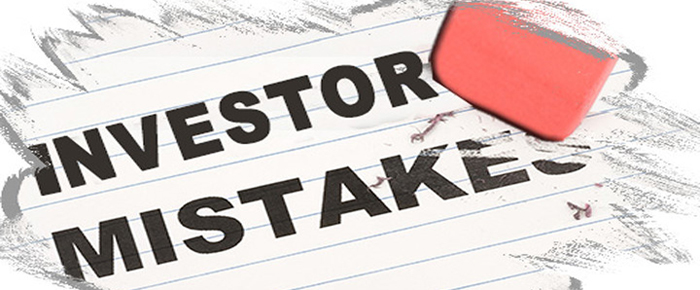
By Haddon Libby
Will the stock markets go up or down from here? Depending on who you listen to, we are at the precipice of a utopian future, fiscal Armageddon or some combination of both. As such, what is an investor to do?
When investing, do not let your emotional feelings affect what you buy and sell. When people let fear, exuberance or gut instincts determine their investment approach, their investments typically underperform. As an example, whether you like or hate the current group running Washington DC, you cannot let your personal biases determine your investment approach. A savvy investor lets the information dictate what they will buy or sell. The challenge here is that most investors do not know what to look for when determining how to invest in and default toward gut instincts and emotions when making investment decisions.
A common mistake that many investors get caught in is a Bear Trap. A bear trap is where an investor is so concerned about market losses that they keep too much in cash. The problem here is that these investors seldom reenter the market when stock prices are low and only buy when the market is doing well. Smart long-term investors try and avoid bubbles but otherwise keep at least 90% of their long-term savings invested. Even when the market collapsed ten years ago, stocks recovered almost all of their losses within one year for those who stayed invested.
Another investing misconception is to hold more of your money in bonds as you near or enter retirement. One of the problems with this approach is that current returns on low-risk fixed income investments do not keep up with the real costs of living (aka inflation). As a result, many investors stretch for yield by investing in longer-dated and riskier investments. This approach is highly problematic when interest rates are increasing as they are at present. Higher rates means that money invested in bond funds will lose principal value resulting in a net loss to you.
Lastly and most importantly, many investors trust their investment advisors too much. I cannot tell you how many times that I have seen an investment professional prey on less sophisticated investors. Telltale signs of a bad investment advisor would be one who is constantly trying to sell you annuities, limited partnerships or mutual funds.
Most annuities pay the person who sold you the investment 7% of the money you invested upfront with high annual fees thereafter. How can you make any kind of reasonable return if you are paying so much?! It is impossible. Meanwhile, limited partnerships pay up to 10% to the person who sold you the investment and are hard if not impossible to sell. Finally, many mutual funds pay your advisor or the firm that they work for back-end money that neither the firm nor advisor has to disclose.
If you want to be sure that your advisor is working for you and not themselves only hire investment advisors who hold themselves out as fiduciaries where they only earn what you have agreed to pay them in a written document. Only 6% of investment advisors hold themselves out as fiduciaries as fiduciaries can get in big trouble if they put their financial interests ahead of yours. I’m proud to say that I am one of those 6%.
If you want to be sure that your investment professional is acting in your best interest, I am happy to give you a second opinion free of charge. It is my experience that four in five advisors will fail the fiduciary test and invest your money in a manner that is in their best interests and not yours. As such, get a second opinion.
By saving only 0.60% in fees over the course of a lifetime, you will gain up to five years of retirement income.
Haddon Libby is the Managing Partner of investment management firm, Winslow Drake. His contact information can be found at WinslowDrake.com.








































